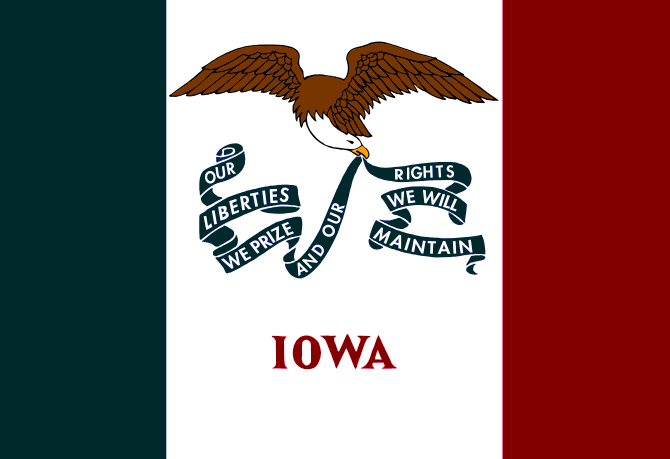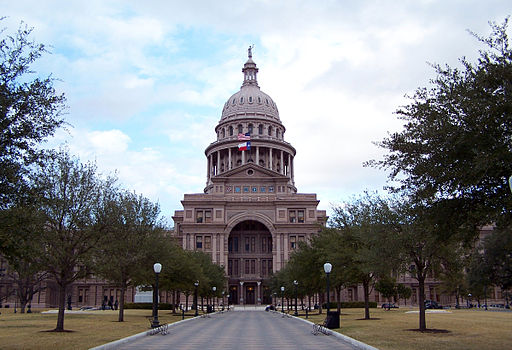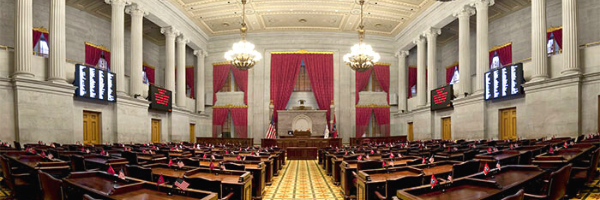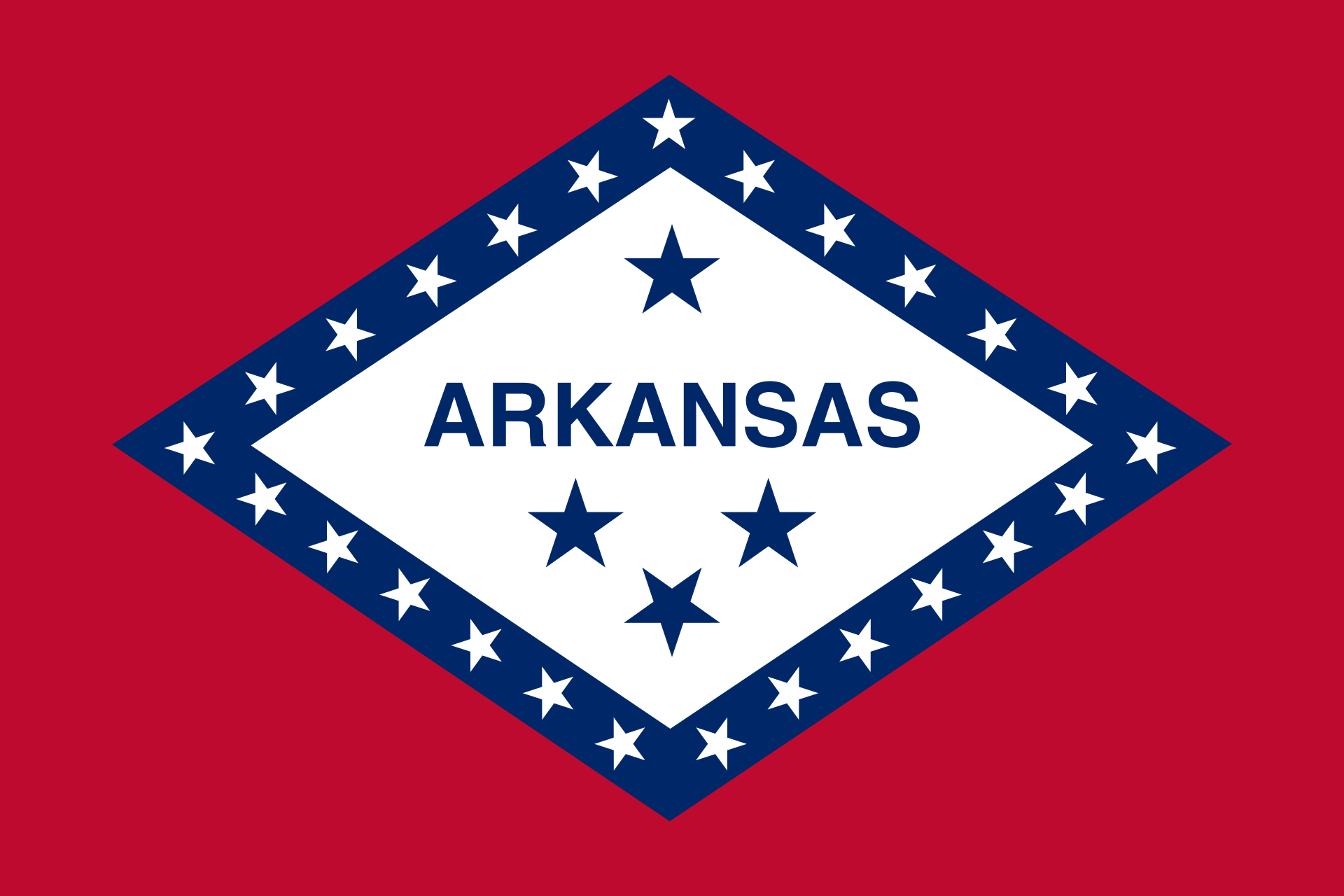Category: State
-
Iowa General Assembly adjourns the first year of the two-year legislative session, addresses two potential constitutional amendments

The Iowa General Assembly adjourned on May 1, ending the first year of the two-year legislative session. During this legislative session, legislators addressed two constitutional amendments that may be placed on the ballot for voters to decide in 2026 and 2028. Senate Joint Resolution 11 (2025) First, the Iowa State Senate passed Senate Joint Resolution…
-
Vermont voters to decide on constitutional amendment establishing right to collective bargaining and banning right-to-work laws, following Illinois in 2022

Voters in Vermont will decide on a ballot measure, titled Proposal 3, on Nov. 3, 2026. Proposal 3 would amend the Vermont Constitution’s Declaration of Rights to provide that employees have a state constitutional right to organize and join a labor organization for collective bargaining with their employer. This constitutional right to collective bargaining would…
-
State supreme court vacancy count for April 2025

In this month’s state supreme court vacancy update, Ballotpedia tracked announced retirements, nominations, appointments, confirmations, and the swearing-in of justices from March 31, 2025, to April 30, 2025. Ballotpedia tracks court vacancies in all 52 state supreme courts. Announced retirements: During April 2025, four justices announced their intent to retire later this year. Candidates nominated,…
-
Texas voters will decide on an amendment to ban taxes on securities transfers and certain financial transactions in November

The Texas State Legislature has voted to send the first constitutional amendment to voters for Nov. 4, 2025. House Joint Resolution 4 (HJR 4) would amend the Texas Constitution to prohibit the state legislature from enacting an occupation tax on registered securities market operators or a tax on securities transactions. A registered securities market operator…
-
Texas to become 16th state to pass universal school choice program

What’s the story? The Texas State Legislature passed Senate Bill (SB) 2 on April 24, 2025, and Gov. Greg Abbott (R) has said on social media that he will sign it once it reaches him. Texas is the 16th state to enact a universal education savings account (ESA) program providing public funds for alternatives to…
-
Political speech or governmental mechanics: Ohio case asks if ballot summary reviews regulate speech or lawmaking

The U.S. Supreme Court declined on April 22, 2025, to block a district court’s ruling that found that Ohio’s fair and truthful requirement for ballot initiative petitions violates the First Amendment. This law requires the Ohio Attorney General to determine whether submitted petition summaries are fair and truthful statements of the proposed law before advancing…
-
On this day in 1956, Alaska voters passed the Tennessee Plan to gain statehood. How is that plan being used today?

On April 24, 1956, Alaska voters passed Proposition 2, otherwise known as the Tennessee Plan Measure, which led to Alaska’s statehood. The measure was approved with 61% of voters supporting the proposition and 39% of voters rejecting it. The Tennessee Plan refers to the strategy of a territory electing senators and representatives to send to…
-
Tennessee legislators advance constitutional amendments on crime victims’ rights, bail, and property taxes to 2026 ballot

The Tennessee General Assembly approved three constitutional amendments for the Nov. 3, 2026, ballot on April 21. The amendments address three issues: crime victims’ rights, bail eligibility for criminal offenses, and a ban on state property taxes. Legislators needed to approve the amendments in two consecutive sessions to place them on the ballot. The votes…
-
Arkansas enacts ballot title readability law, joining five other states since 2018

A new Arkansas law requires initiative ballot titles to be written at or below an eighth-grade reading level. Gov. Sarah Huckabee Sanders (R) signed House Bill 1713 (HB 1713) into law on April 14, 2025. The law is one of six enacted since 2018 that address the readability of ballot language. The House approved the…


